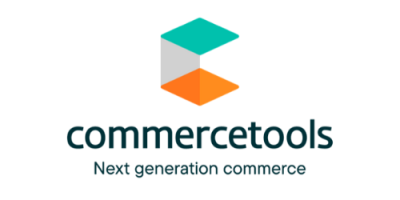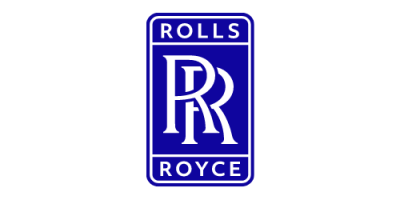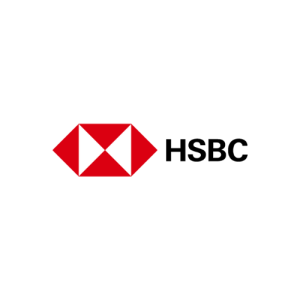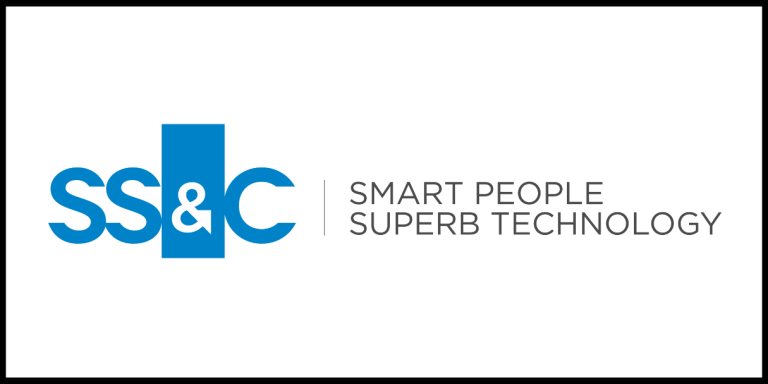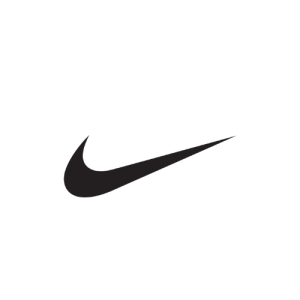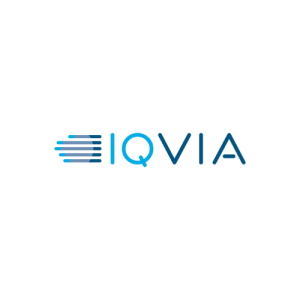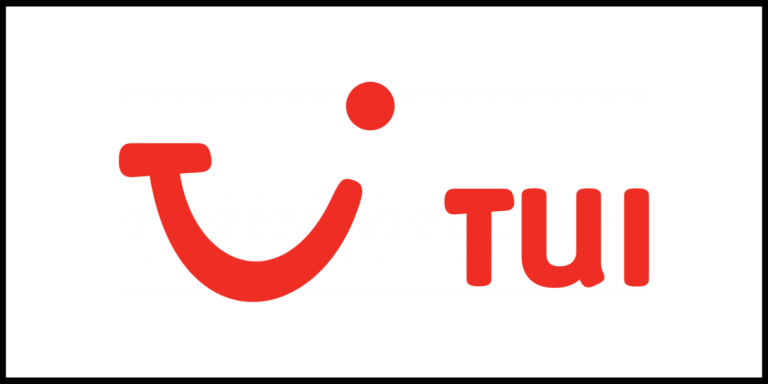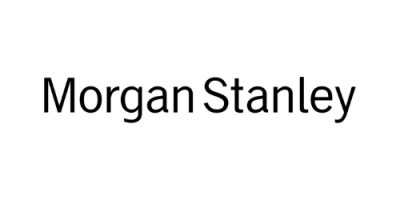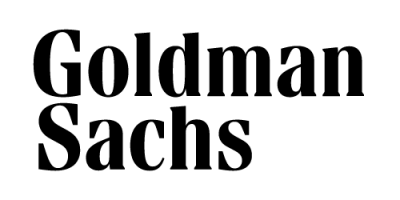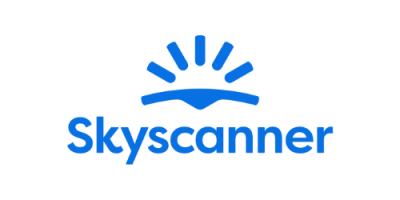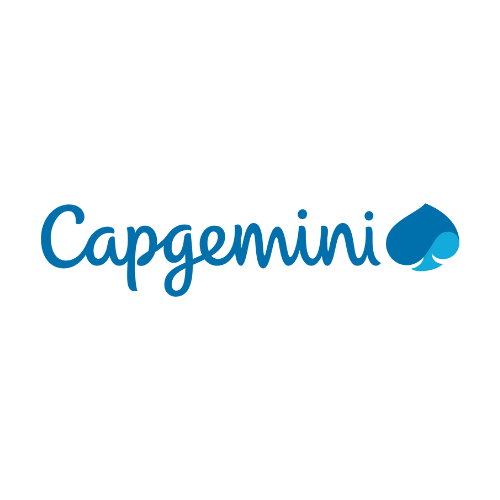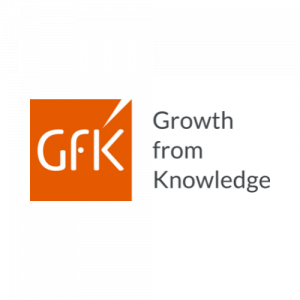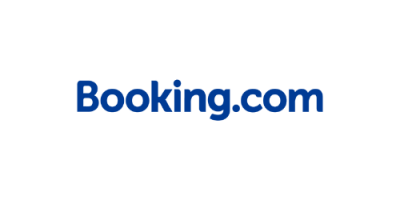CHANGING careers in your 30s from marketing into tech | Cfg ambassador stories
Home » Changing Careers In your Thirties: From Marketing Into Tech | Ambassador Stories
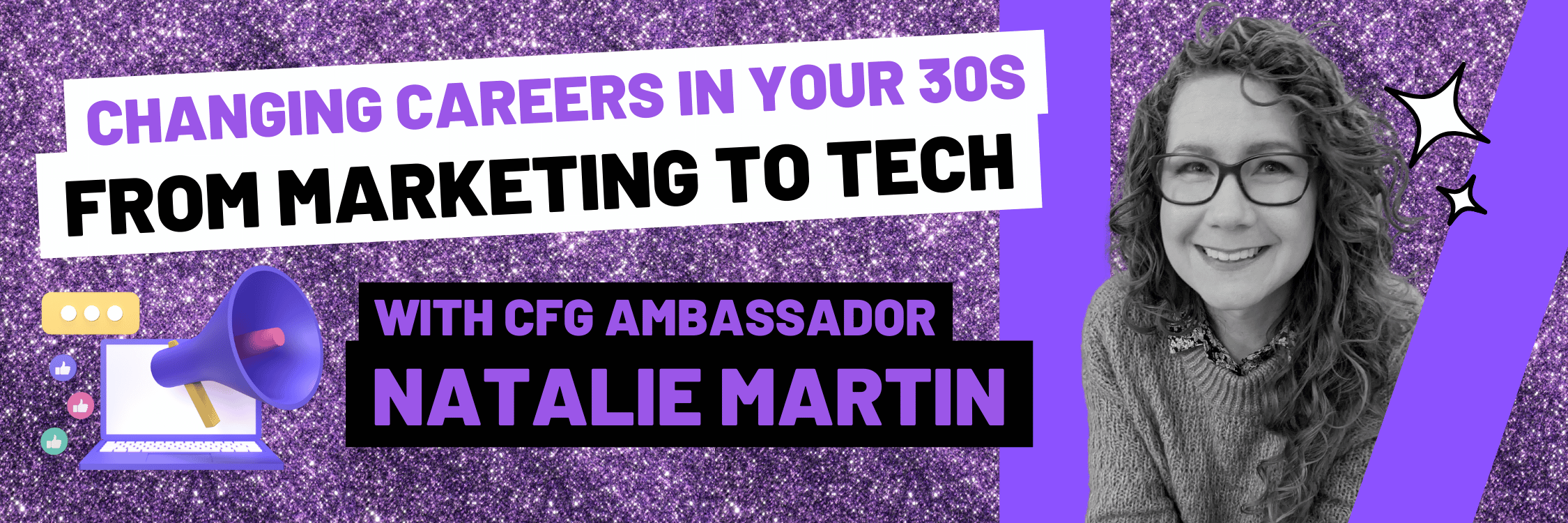
how natalie martin switched careers from marketing into tech through the cfgdegree
💫 Code First Girls Ambassador Natalie shares her journey changing career in her 30s from Marketing (10 years into her career!) to tech. Now a Software Engineer at Thales, after completing CFG’s Software CFGdegree, Natalie shares what inspired her to pursue a tech career and her overall learning experience on the CFGdegree.
She also shares useful tips that helped her manage the learning curve associated with learning how to code, tackling impostor syndrome, and reflects on her transferable skills from marketing to coding. For more of Natalie’s journey and CFGdegree tips, feel free to follow her Instagram: @codename.nat !
THE HOT SIX QUICK FIRE QUESTIONS!
- Favourite coding language? (if you have one!)
- JavaScript
- What is your choice of beverage for coding?
- (Strong) coffee!
- Desk set up – RGB, Minimal or my aesthetic
- My aesthetic (aka lots of bookish stuff!)
- What is your comfort food?
- Cheese and tomato pizza 🤤
- Are you most productive in the morning or evening/night?
- Evening
- What do you listen to whilst you code and where? Spotify, radio, vinyl or fave CD?
- Video game soundtracks on Spotify – the Final Fantasy 7 Chocobo theme is great when you need a pick-me-up!
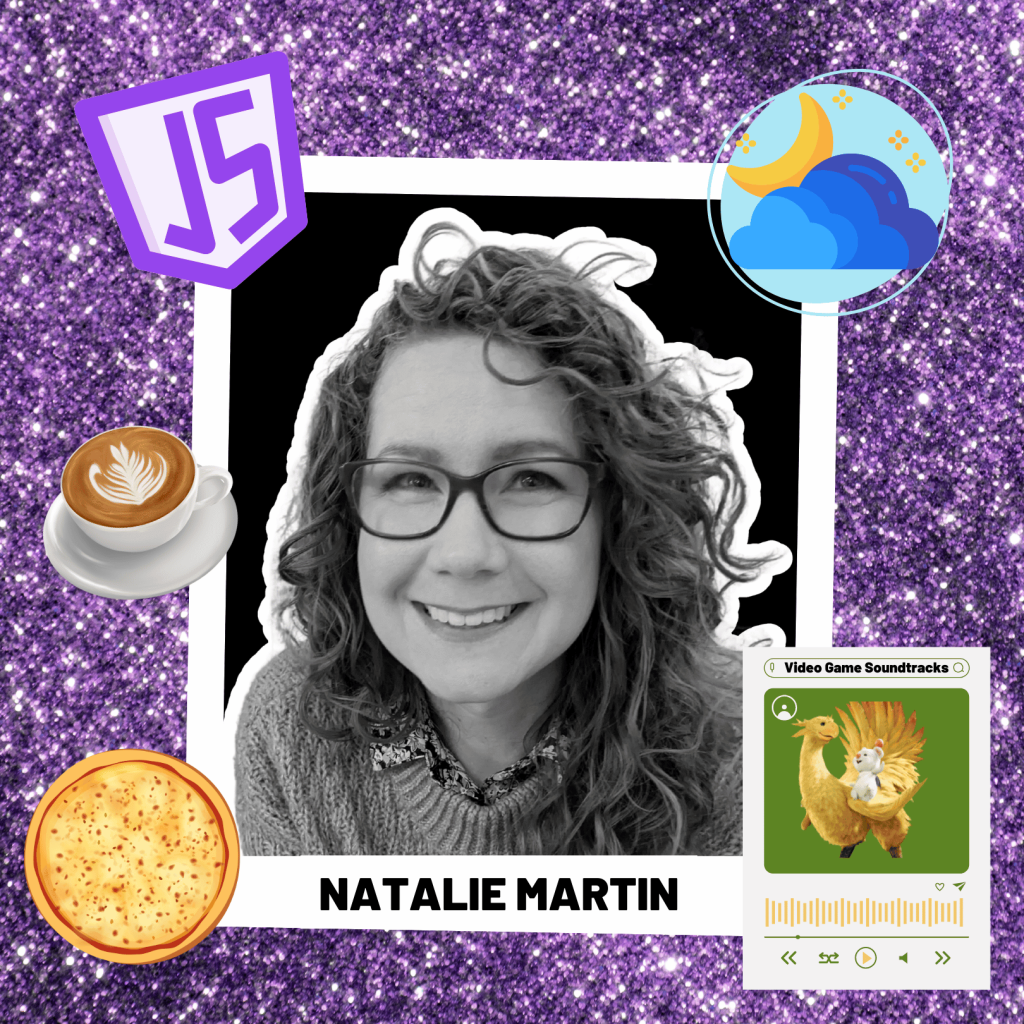
Hi Natalie, thank you for taking part in this community story! Please give a brief intro about who you are, your tech experience, what you do professionally, and why you wanted to become a CFG Ambassador.
I am a Software Engineer at Thales and a proud CFG Ambassador! When I’m not coding, I’m getting lost in a good book, recommending books, buying books…I also enjoy playing video and board games, learning new hobbies (I’m just about to take my first archery lesson!) and making music. Up until last year, I was a Marketing Manager before passing the CFGdegree and starting my new career.
Applying to become a CFG Ambassador was a no-brainer for me – one of the reasons I was drawn to coding in the first place was due to how welcoming the community has been and how eager everyone is to share knowledge. It was hearing the stories from other CFG graduates at Code Fest that first planted the seed that I could apply for the CFGdegree and because of that, I’m now in a profession I love!
I enjoy talking to CFG clients about the benefits of introducing career switchers into their teams and how best to support them for success. My biggest goal as an ambassador is to help other women and career switchers realise that no matter how intimidating it may seem, it’s possible to transition to a career in software engineering and thrive.
“I always find it helpful to think of my marketing background as being a necessary stepping stone in my personal journey to becoming a software engineer.”
What motivated you to pursue tech after working in marketing for over 10 years?
I’ve always felt torn between the humanities and STEM. I’m the only one out of four siblings with a humanities degree and although I’ve continued to find so much enjoyment in studying literature, I’m also constantly drawn to science books and events.
I fell into marketing after university because it offered me a chance to write. I enjoyed all the creative outlets my career offered, including the opportunity to work on websites, and often working for small organisations meant I worked closely with developers. Eventually, I realised I was at my happiest when working with software teams to deliver new sites or functionality.
From the outside, programming seemed intimidating (JSON?! APIs?!) as I hadn’t been exposed to it during my education. My IT classes at school largely consisted of MS Paint and learning how to use Excel with a mouse missing its trackball. However, I continued to ask questions and was incredibly fortunate in my last marketing role to work with an excellent and friendly software team who were patient enough to indulge my curiosity and encouraged me to learn to code.
I soon realised that software engineering would allow me to focus on the creative problem-solving aspects that I enjoyed in my marketing role while offering more opportunities to challenge myself and constantly learn new things. It felt thrilling to build something of my own – I’ll never forget the thrill of printing “Hello World” to the console for the first time. I now realise that STEM professions offer just as many opportunities to be creative!
“The CFGdegree was such a lifeline to me – it allowed me to continue working and saving in my full-time job while working towards my wider career goals in the evenings and weekends, with a full-time role and salary at the end of it.”
Can you describe a specific challenge you faced during your transition, and how you overcame it?
Having spent over a decade progressing my previous career, it did feel a little scary to start all over again. Of course, I wasn’t really starting from scratch, as this time, I was equipped with a wealth of soft skills and knowledge with which to progress my new career. I always find it helpful to think of my marketing background as being a necessary stepping stone in my personal journey to becoming a software engineer.
Understandably, transitioning careers also involved a reduction in my salary. Career satisfaction and the fulfilment I get out of coding were most important to me but as a 30-something starting a new career, I have a lot more financial responsibilities than I did when I left university in my 20s. This is why the CFGdegree was such a lifeline to me – it allowed me to continue working and saving in my full-time job while working towards my wider career goals in the evenings and weekends, with a full-time role and salary at the end of it. I’ve also been proactive in finding ways to take charge of my new career, such as completing the recent CFG career development Tech Taster.
Of course, no software engineer would be complete without a healthy dose of imposter syndrome! I remember attending a Thales open day alongside a group of computer science graduates last year and feeling very conscious of my unconventional background. But I know I’m driven and I treat every conversation and Jira ticket as a learning opportunity. I also remind myself that a year ago I would have felt intimidated by what I can achieve now – everyone is at a different stage in their learning journey and the great thing about our community is that everyone is enthusiastic to share knowledge!
What impact did taking part in the Summer ‘23 Software CFGdegree have on your career change?
Before starting the CFGdegree, I was learning multiple programming languages and studying multiple courses at once to “play catch up”. The CFGdegree offered a sense of direction and forced me to focus my efforts on just one language and topic at a time to succeed and secure my role at Thales. My cohort was also really lucky to have a passionate tutor who went above and beyond to ensure we understood the material and offered up analogies and advice from their career. It was also invaluable to receive regular feedback on our code so we could find areas for improvement and pick up good habits.
As I mentioned earlier, I wasn’t in a position to quit my job to enrol in a “traditional” boot camp. The fact that the CFGdegree classes took place in the evenings so I could study alongside my full-time role and that Thales sponsored my place were both crucial to me being able to pursue my career ambitions and achieve my goal of becoming a software engineer. The fact that I have been onboarded by an organisation that is considerate of and champions my non-traditional route into programming has helped set the stage for me to succeed without the added anxieties of constantly feeling the need to prove myself.
An unforeseen benefit of taking part in the degree has been becoming part of a community of positive, ambitious women eager to drive change and I’m grateful the degree has put me in a position to now be able to help do the same for others.
“I remember attending a Thales open day alongside a group of computer science graduates last year and feeling very conscious of my unconventional background. But I know I’m driven and I treat every conversation and Jira ticket as a learning opportunity.”
How do you manage the learning curve associated with transitioning to a new industry, especially one as rapidly evolving as tech? Are there any specific tips/learning strategies you've found particularly valuable to learn in your transition?
To be honest, the learning curve is part of the reason I transitioned into tech! I love that I’m learning something new and building on my knowledge every day – for example, today I’ve been trying to resolve a bug that has led me to learn how to use the Python logging module unexpectedly! I think you have to get comfortable with not knowing everything to succeed as an engineer – the first few months of my job have heavily revolved around learning as my role requires me to be able to write in C++ which is a new language to me.
I keep a daily log book in which I record new things I’ve learnt that day and any useful code snippets, as well as noting any questions I have so I can research/ask them later. It only needs to be a page a day but I find it helps to solidify my learning and also acts as a reminder of how much I’ve progressed. Flicking through the pages and seeing how much I’ve learnt is a great confidence boost!
Also, ask all the questions! There’s no such thing as a stupid question – engineers love talking about code and you might be asking the question that someone else wants to ask but is too scared to! Remember, your different point of view is an asset so your company will want you to ask and question why things are done a certain way.
Finally, a great piece of advice my CFG tutor gave me is “Write code every day. If you don’t write code, read twice as much as you would have coded. And think twice as much as you would have read.”
What are the key differences you have felt since starting your new career/since your career change?
In case it hasn’t come across already…there is a lot more room for learning. I’m encouraged to take time out of my day to study C++ and when I visited my office to meet my manager before officially starting at Thales I remember being comforted by the sight of an engineer looking up something on Stack Overflow!
I’ve also had to learn patience – in my old role I could write a blog or social media post and publish it the same day but it can take days or weeks to complete a Jira ticket. It’s taken me a while to train myself that just because I haven’t finished something in a day doesn’t mean I’m not being productive.
I also ask a lot more questions. Not only to other engineers if I’m trying to understand something but also to the piece of software I’m working on. Interrogating code and understanding why a certain behaviour is happening has proven an excellent way to learn.
“Remember, your different point of view is an asset so your company will want you to ask and question why things are done a certain way.”
Were there any skills or experiences from marketing that you found applicable to your software engineering role?
Attention to detail and proofreading have proved unexpectedly helpful – often if a piece of code isn’t working it’s because there’s missing punctuation or a typo in a variable! My copywriting background has also come in useful when developing documentation.
Having previously been the person briefing requirements to development teams, I’m also able to better understand the client’s point and view and consider software from their perspective.
I’ve also used my marketing skills to promote myself and network. I’ve just written a blog post for a Learning at Work Week campaign on our company intranet about my experiences as a lifelong learner. I also have a coding Instagram account where I document my career-switching journey – I posted my first reel a few weeks ago following a CFG client breakfast! This all of course comes in handy in my role promoting CFG as an Ambassador too!
What advice would you give to someone from a non-technical background who is considering a career switch to tech?
Go for it! I’ve always been cautious and it’s taken all my willpower to keep pushing through and plunge into a completely new career but I can wholeheartedly say it’s one of the best decisions I’ve ever made.
There is a famous quote about growth happening outside of your comfort zone, and every day, I find I’m becoming more confident and developing the resilience to be able to navigate challenges that would have terrified me previously. Just a few weeks ago I spoke on a panel in front of a room full of CFG clients which is something that would have been unheard of for me previously.
I now spend my days learning and working with really smart people to work out new ways of solving problems. And all it took was someone suggesting that I could learn how to code. This is me telling you that you can too and you have a great community rooting for you in Code First Girls – take the plunge!
Thank you natalie!
Thank you to Natalie for sharing your insights navigating your career switch from marketing to tech! Click the button below for more Code First Girls community stories and blogs! 🤩
CFGdegree applications are open until 1st November 2024, apply here!


